Signs Your Skin Problems Might Be Something on the Inside
The skin, often hailed as the body's largest organ, serves as a mirror reflecting our internal health. While topical treatments can offer temporary relief, persistent skin issues often hint at deeper, underlying health concerns. This article delves into the intricate relationship between skin conditions and internal health, exploring 9 clues that might indicate a more profound issue. By understanding these connections, individuals can take a more holistic approach to skincare, addressing the root causes rather than just the symptoms. Join us as we peel back the layers to uncover how skin issues might be signaling internal health problems.
1. The Gut-Skin Axis: Digestive Health and Its Impact on Skin

The gut-skin axis is a burgeoning field of study that explores how digestive health can influence skin conditions. An imbalance in gut flora, known as dysbiosis, can lead to inflammation and manifest as acne, eczema, or psoriasis. The gut is responsible for nutrient absorption and immune function, both crucial for maintaining healthy skin. When the digestive system is compromised, toxins may leak into the bloodstream, causing systemic inflammation that can trigger skin flare-ups. By maintaining a balanced diet rich in probiotics and prebiotics, individuals can support their gut health and, in turn, improve their skin's appearance and resilience.
2. Hormonal Havoc: How Endocrine Imbalances Affect the Skin

Hormones play a pivotal role in skin health, with fluctuations often leading to noticeable changes. Conditions such as polycystic ovary syndrome (PCOS) and thyroid disorders can cause hormonal imbalances, resulting in acne, excessive hair growth, or dry skin. The skin is sensitive to hormonal shifts, particularly during puberty, pregnancy, and menopause. Understanding the impact of hormones on the skin can guide individuals in seeking appropriate treatments. For instance, managing PCOS through lifestyle changes and medications can help stabilize hormone levels, thereby alleviating skin issues linked to this condition.
3. Stress and Skin: The Psychological Connection
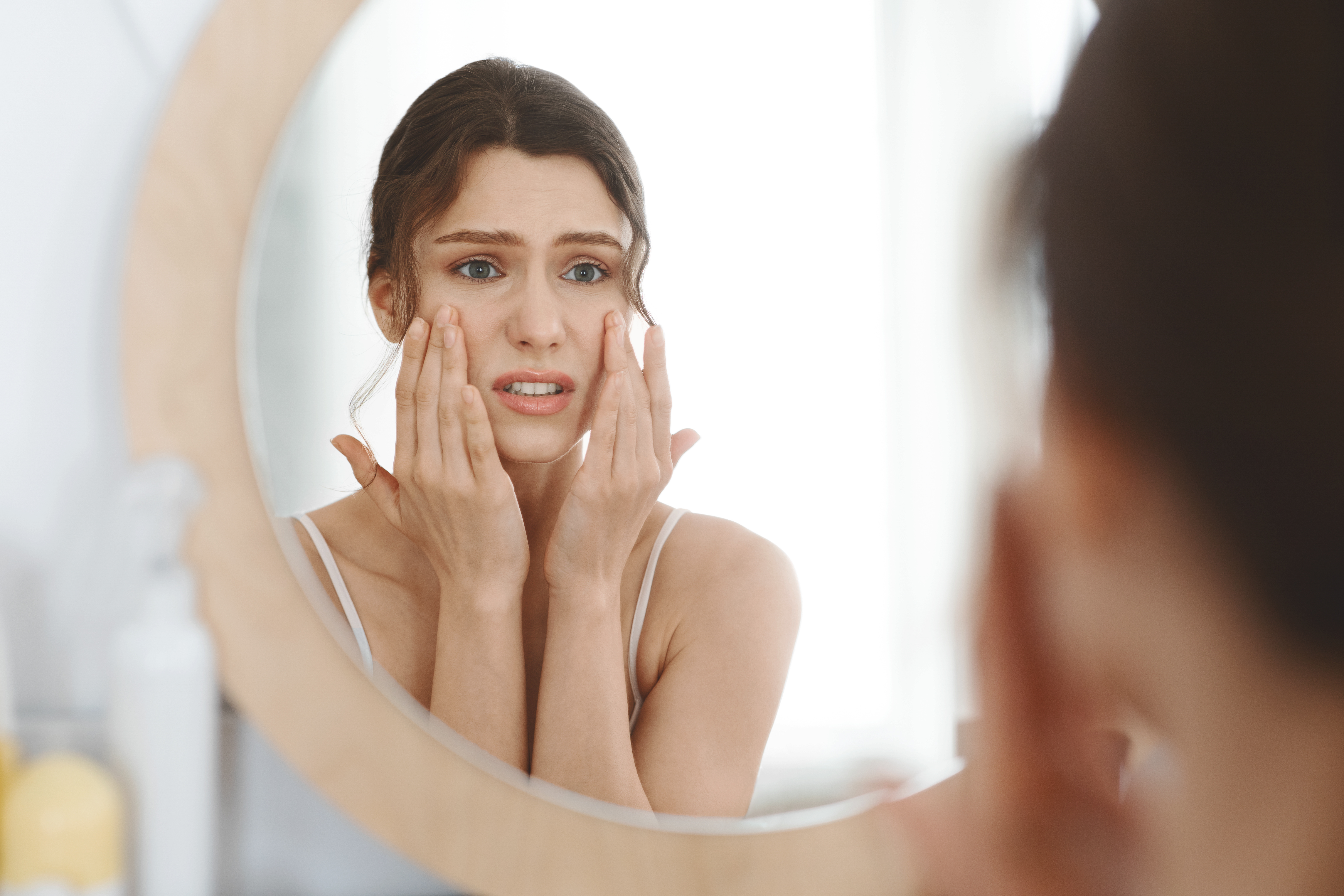
Chronic stress is a silent saboteur of skin health. The body's response to stress involves the release of cortisol, a hormone that can exacerbate skin conditions by increasing oil production and inflammation. Stress can also disrupt sleep patterns, leading to dull, tired-looking skin and slower healing of existing skin issues. Mindfulness practices such as meditation, yoga, and deep-breathing exercises can help manage stress levels, promoting better skin health. Recognizing the signs of stress-related skin problems is crucial for addressing the root cause and implementing effective stress management strategies.
4. Nutritional Deficiencies: The Skin’s Cry for Essential Nutrients
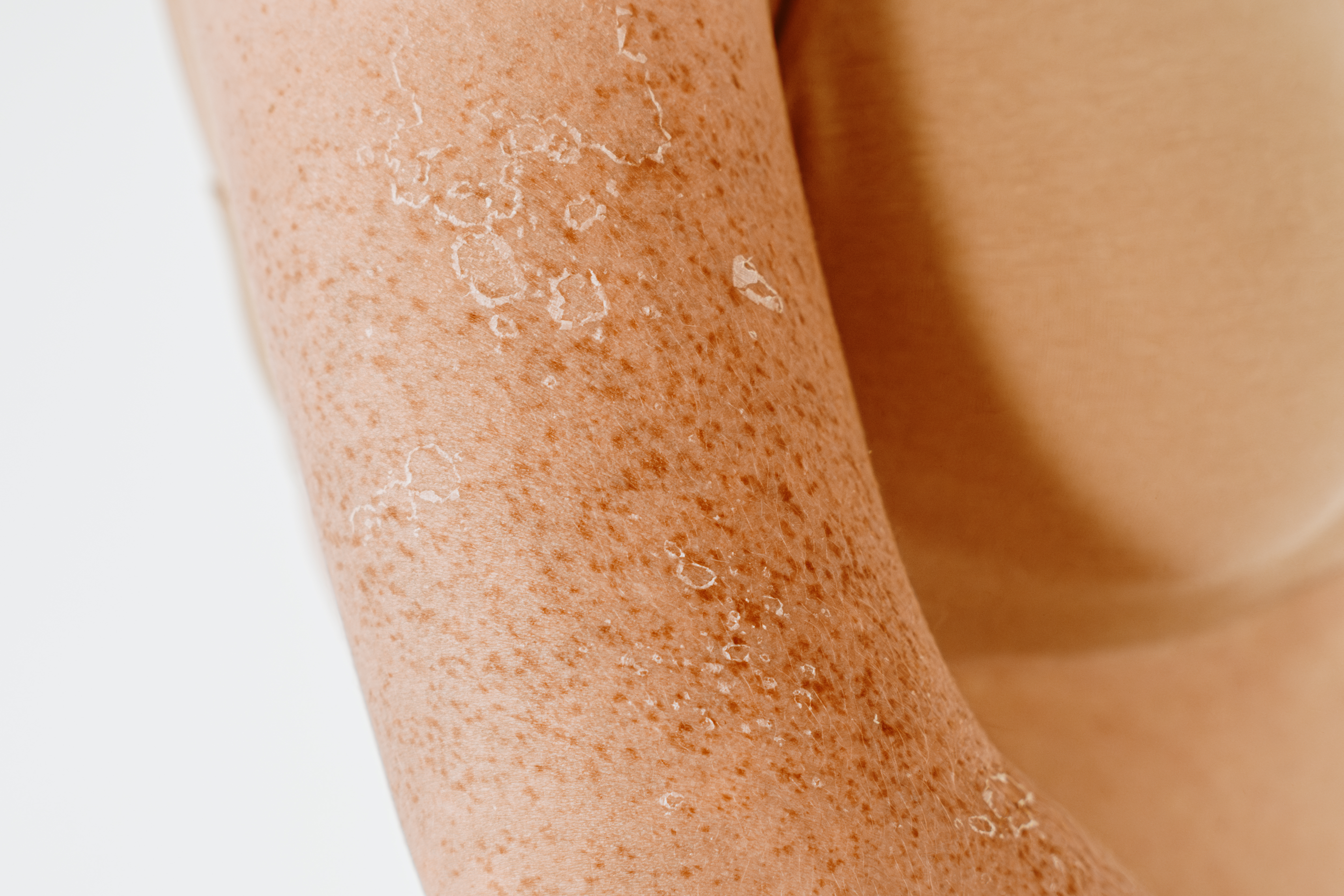
Nutritional deficiencies can manifest visibly through the skin, as it relies on a steady supply of vitamins and minerals to maintain its health. A lack of vitamin A can lead to dry, flaky skin, while insufficient vitamin C levels may result in slow wound healing and a dull complexion. Omega-3 fatty acids are essential for maintaining the skin's lipid barrier, preventing moisture loss and inflammation. By ensuring a balanced diet rich in essential nutrients, individuals can support their skin's structural integrity and overall health, reducing the likelihood of nutrition-related skin issues.
5. Allergies and Sensitivities: The Immune System’s Skin Reactions
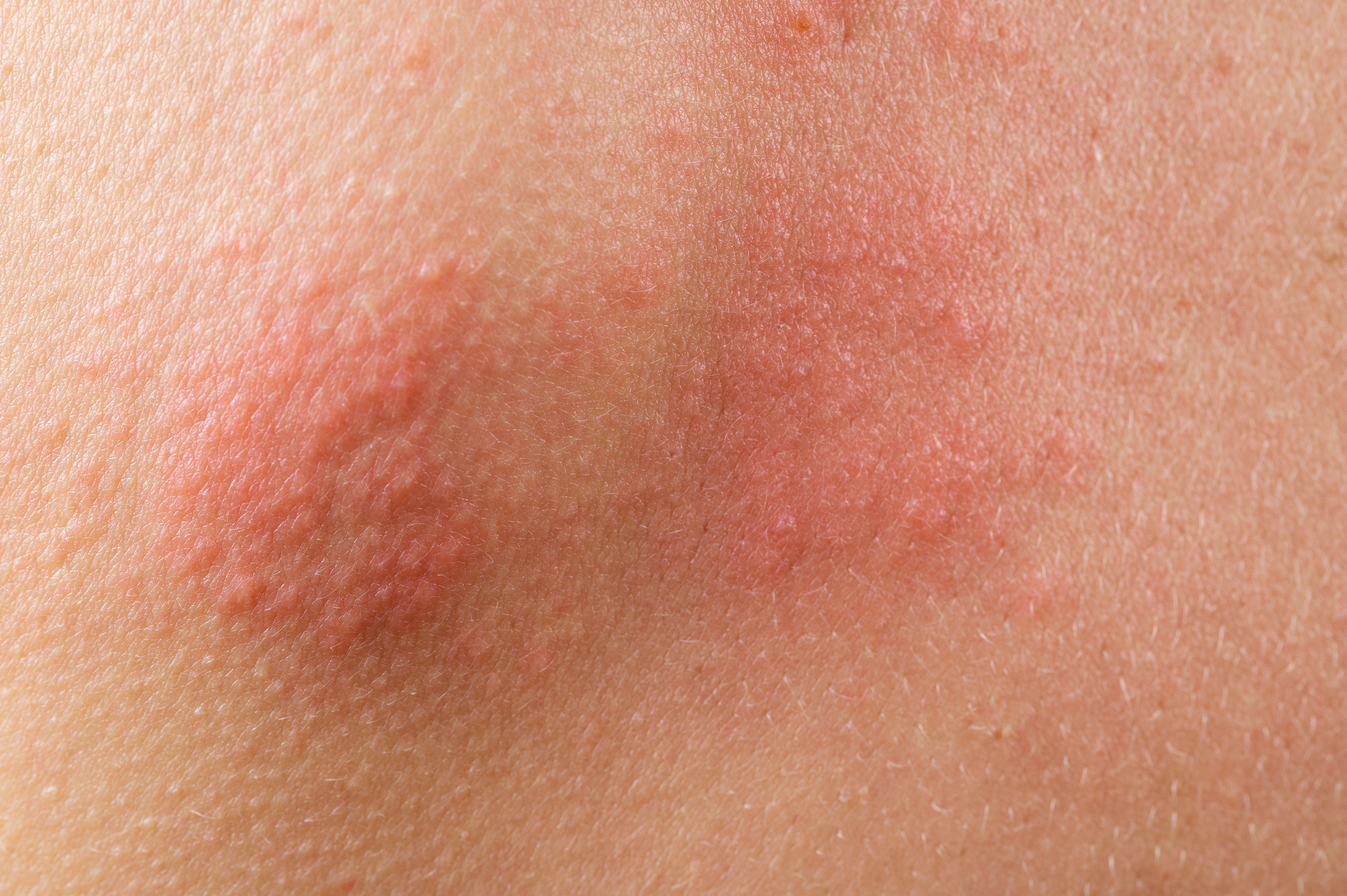
Allergic reactions and sensitivities can manifest as rashes, hives, or eczema, signaling an overactive immune response. Food allergies, environmental triggers, and contact with irritants can all provoke skin reactions. Identifying and avoiding allergens is crucial for preventing flare-ups and maintaining healthy skin. Patch testing and elimination diets can help pinpoint specific triggers, allowing individuals to make informed choices about their environment and diet. By addressing allergies and sensitivities, individuals can reduce inflammation and irritation, leading to clearer, healthier skin.
6. Liver Health: Detoxification and Its Role in Skin Clarity

The liver is the body's primary detoxification organ, playing a crucial role in filtering out toxins that could otherwise damage the skin. When the liver is overburdened or compromised, it may struggle to eliminate toxins efficiently, leading to skin conditions such as acne, rosacea, or dullness. Supporting liver health through a diet rich in antioxidants, adequate hydration, and limiting alcohol intake can enhance its detoxification capabilities. By ensuring the liver functions optimally, individuals can promote clearer, more vibrant skin, free from the effects of accumulated toxins.
7. Autoimmune Disorders: When the Body Attacks Itself

Autoimmune disorders, such as lupus and vitiligo, can have profound effects on the skin. These conditions occur when the immune system mistakenly attacks healthy cells, leading to inflammation and skin lesions. The skin manifestations of autoimmune disorders can range from mild to severe, often requiring specialized medical treatment. Early diagnosis and management of autoimmune conditions are crucial for minimizing skin damage and improving quality of life. Understanding the link between autoimmune disorders and skin issues can empower individuals to seek appropriate care and interventions.
8. Diabetes and Skin Health: Recognizing the Signs
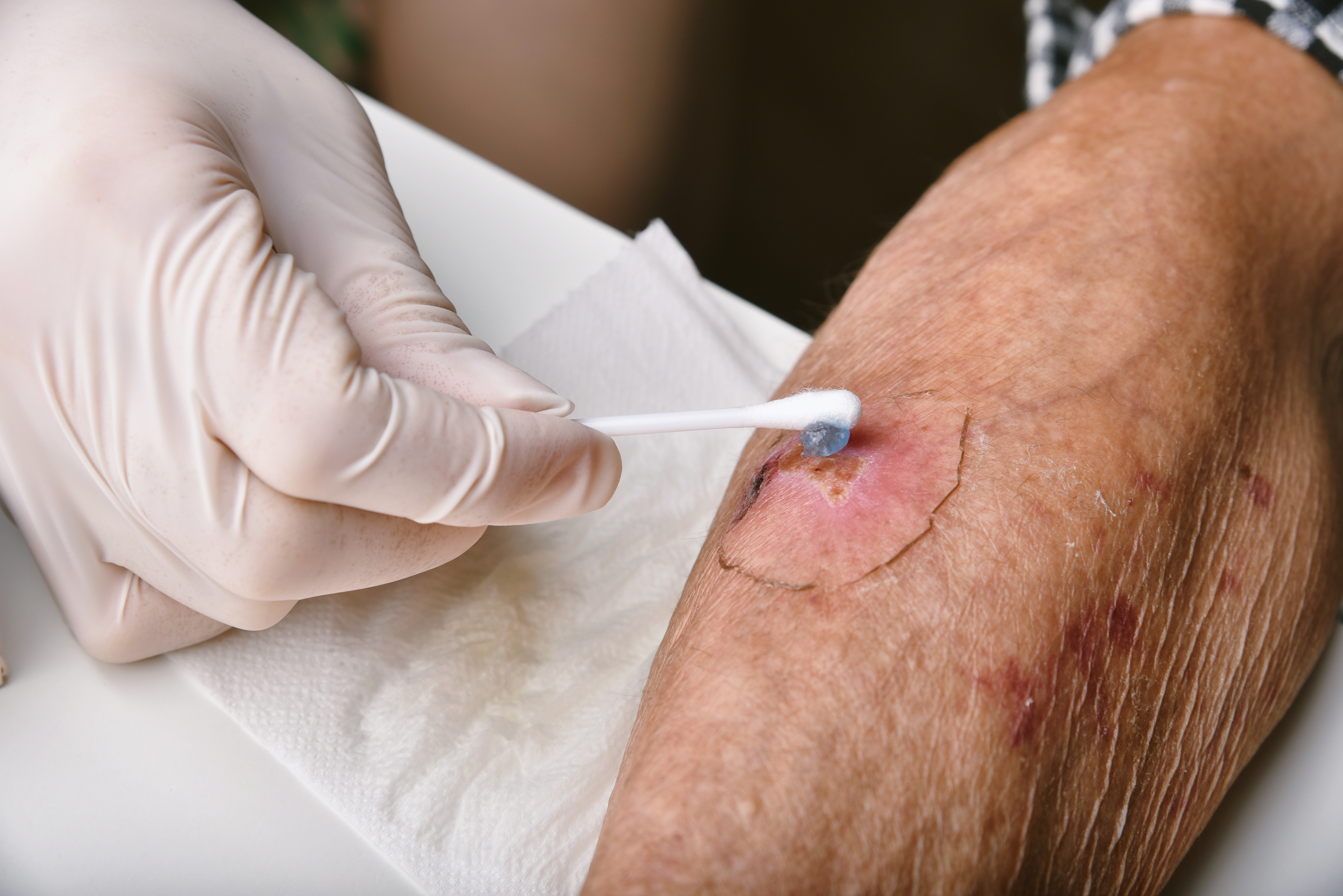
Diabetes can have significant implications for skin health, often resulting in conditions such as diabetic dermopathy, infections, and poor wound healing. High blood sugar levels can damage blood vessels and nerves, impairing circulation and leading to dry, cracked skin. Maintaining blood sugar control through diet, exercise, and medication is essential for preventing skin complications associated with diabetes. Recognizing the early signs of diabetes-related skin issues can prompt timely medical intervention, reducing the risk of more severe complications and promoting overall skin health.
9. Hydration and Skin: The Importance of Water Balance

Adequate hydration is vital for maintaining skin elasticity and preventing dryness. Dehydration can lead to a compromised skin barrier, making it more susceptible to irritation and inflammation. Drinking sufficient water and using topical moisturizers can help maintain the skin's hydration levels, promoting a healthy, radiant complexion. The skin's appearance is often a reflection of the body's overall hydration status, emphasizing the importance of water balance for both internal health and skin vitality. By prioritizing hydration, individuals can support their skin's natural defenses and enhance its resilience.
Embracing a Holistic Approach to Skin Health
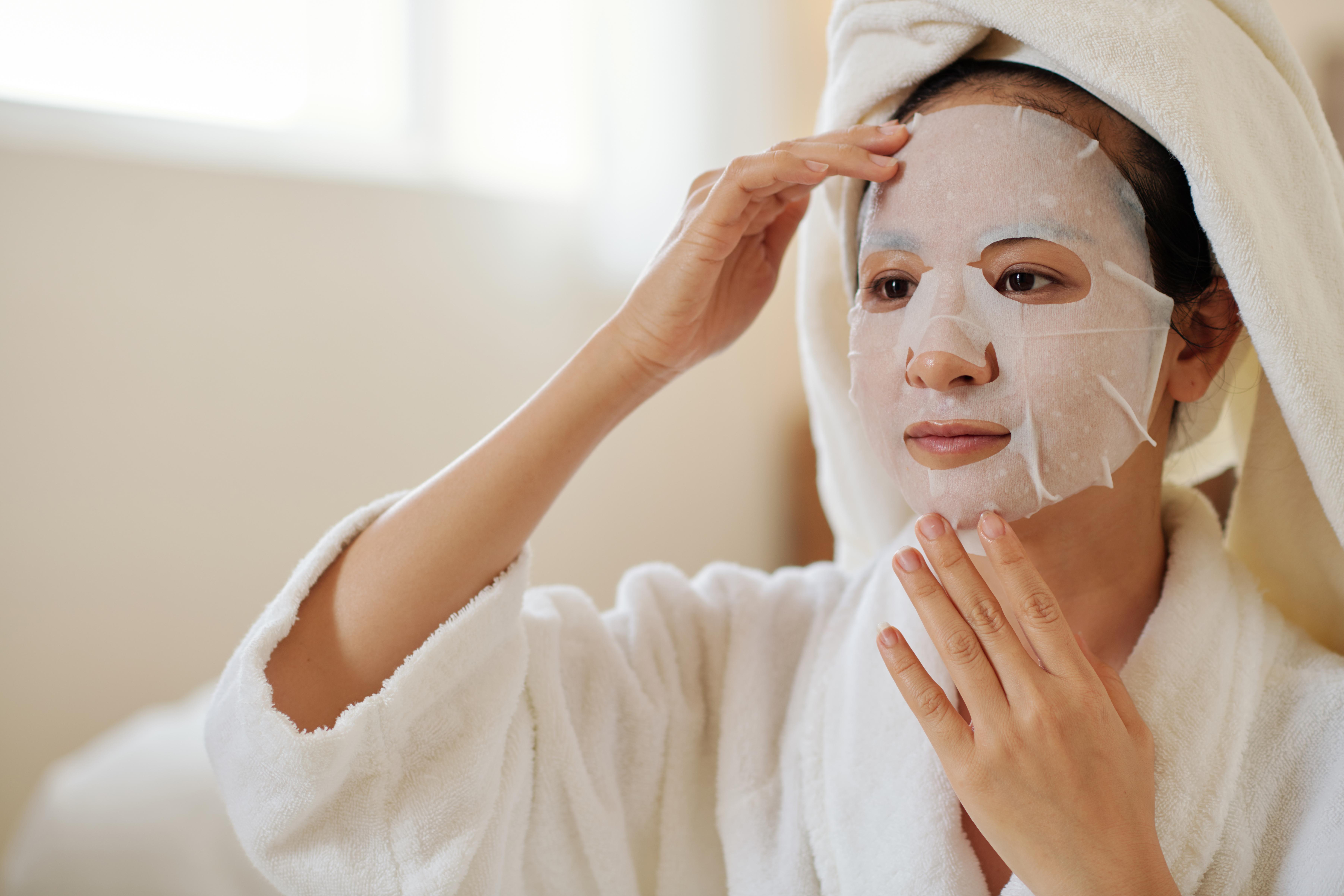
Understanding the intricate links between skin issues and internal health is essential for adopting a holistic approach to skincare. By addressing the underlying causes of skin conditions, individuals can achieve more effective and lasting results. This comprehensive exploration of the top 9 clues highlights the importance of considering factors such as gut health, hormonal balance, stress management, and nutrition. Embracing a holistic perspective not only improves skin health but also enhances overall well-being, empowering individuals to make informed choices that benefit both their skin and their internal health.
